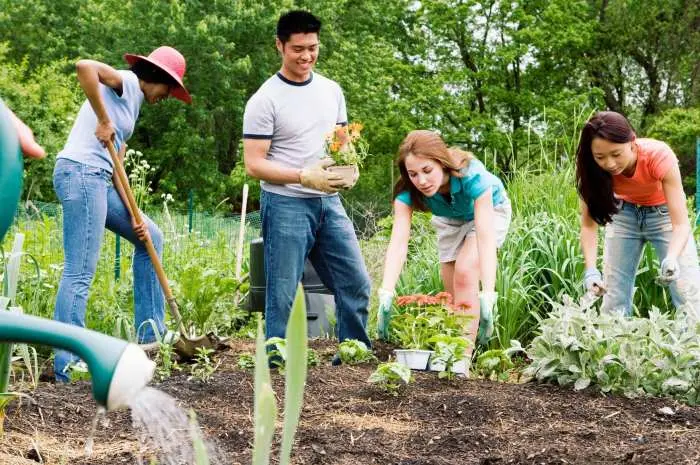Sustainable Living, Eco-Friendly Habits for Everyday Life
In an era where environmental concerns are more prominent than ever, sustainable living has transitioned from a niche interest to a necessary pursuit.
This article explores the essence of sustainable living and highlights practical, everyday habits that can significantly contribute to a healthier planet.
By adopting eco-friendly practices, we not only safeguard our environment but also enhance our quality of life and ensure a sustainable future for generations to come.
The Importance of Sustainable Living
Sustainable living is about making choices that minimize our environmental impact and promote a balance between the Earth’s natural resources and our consumption of them.
It involves understanding the interconnectedness of our actions and the environment, and taking steps to reduce our ecological footprint.
Eco-Friendly Habits for Everyday Life
1. Reduce, Reuse, Recycle
These three R’s are the cornerstone of sustainable living. Reduce waste by buying only what you need, reuse items whenever possible, and recycle materials like paper, glass, and plastic.
2. Energy Efficiency
Make your home more energy-efficient by using LED bulbs, turning off appliances when not in use, and investing in energy-efficient appliances. Consider using renewable energy sources like solar panels.
3. Sustainable Transportation
Reduce your carbon footprint by walking, cycling, using public transport, or carpooling. If you drive, consider a hybrid or electric vehicle.
4. Water Conservation
Save water by fixing leaks, taking shorter showers, using water-efficient appliances, and collecting rainwater for gardening.
5. Eco-Friendly Shopping
Choose products with minimal packaging, buy local and organic produce, and support businesses that practice sustainability. Bring reusable bags when shopping.
6. Mindful Eating
Reduce meat consumption and embrace a plant-based diet as much as possible. The meat industry significantly contributes to greenhouse gas emissions.
7. Green Gardening
Create a sustainable garden by using native plants, composting kitchen waste, and avoiding chemical pesticides and fertilizers.
8. Support Renewable Energy
Advocate for and support the use of renewable energy in your community. This can be through community projects, voting for green policies, or personal investments in renewable energy.
9. Eco-Friendly Cleaning Products
Use natural cleaning products instead of chemicals that can harm the environment. Many eco-friendly options are available, or you can make your own.
10. Educate and Advocate
Educate yourself about environmental issues and advocate for sustainable practices within your community and workplace.
Overcoming Challenges in Sustainable Living
While transitioning to a sustainable lifestyle can be challenging, it’s important to start with small, manageable changes and gradually incorporate more over time. Focus on the areas where you can make the most impact and don’t be too hard on yourself for not being perfect.
The Ripple Effect of Sustainable Choices
Each sustainable choice we make has a ripple effect, influencing not only our immediate environment but also the broader community. Sharing knowledge and experiences about sustainable living can inspire others to adopt eco-friendly habits.
The Long-Term Benefits of Sustainable Living
Sustainable living not only benefits the environment but also improves our health and well-being. It can lead to cleaner air and water, reduced waste, and a healthier lifestyle. Additionally, it often results in financial savings through reduced energy and water bills.
Conclusion
Sustainable living is an ongoing journey rather than a destination. It requires continuous effort and a willingness to adapt and learn. By integrating eco-friendly habits into our daily lives, we take an active role in preserving the planet and creating a sustainable future for everyone.
Remember, each small action contributes to a larger impact, and together, we can make a significant difference.



